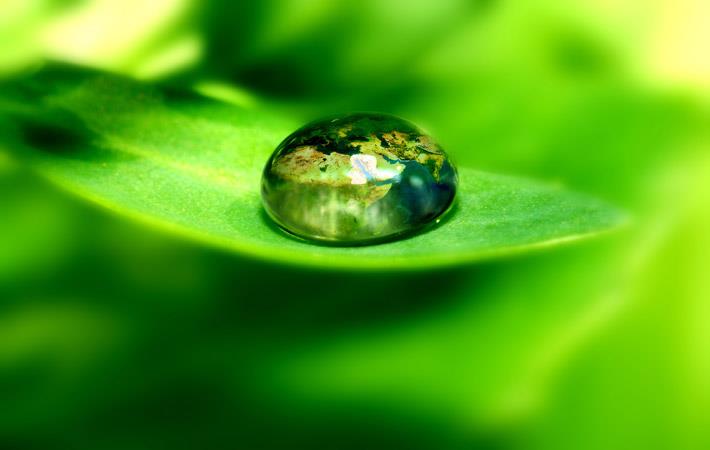MEC, Vancouver Aquarium partner for microplastic study

The popular outdoor retailer/clothing and gear manufacturer and the global marine conservation organisation have formed an agreement to research microplastics, in particular synthetic microfibres (polyester, nylon, acrylic) as may be found in marine environments on Canada’s West Coast. The study is believed to be the first in Canada to attempt to link microfibres found in aquatic environments to common materials used in clothing.
"We have been working diligently for well over a decade to reduce the environmental footprint of MEC-brand products. Two themes that run through that effort are collaboration and harnessing the power of science to help us design and manufacture more benign products. Understanding the exact sources of microfibre pollution may offer insight into how to re-engineer textiles to reduce fibre shedding," said MEC chief product officer Jeff Crook.
Akin to forensic fingerprinting analysis, Vancouver Aquarium's new Fourier transform infared (or FTIR) spectrometer will be a powerful tool used to identify the kinds of microfibres found in ocean water based on their chemical composition. The information will then be mapped across various textile products and discharge pathways.
Virtually all clothing, synthetic or otherwise – sheds fibres through normal wear and tear and laundering. When cleaned in household washing machines, fibres are pumped into drain pipes along with grey water. In turn, millions of fibres are likely discharged through municipal wastewater treatment facilities into marine and fresh water. While some removal is thought to occur during wastewater treatment, a significant amount of microfibres often elude screening.
"Microplastic pollution represents one of the most perplexing and daunting threats to ocean life. Our partnership with MEC will greatly advance our ability to identify sources of the countless tiny plastic particles and fibres we see in the marine environment. This line of research is key to designing solutions that will stem the release of these particles and protect ocean life," Vancouver Aquarium's Dr Peter Ross. (RR)
Fibre2Fashion News Desk – India
































-Ltd..jpg?tr=w-120,h-60,c-at_max,cm-pad_resize,bg-ffffff)





.jpg?tr=w-120,h-60,c-at_max,cm-pad_resize,bg-ffffff)
.jpg?tr=w-120,h-60,c-at_max,cm-pad_resize,bg-ffffff)






